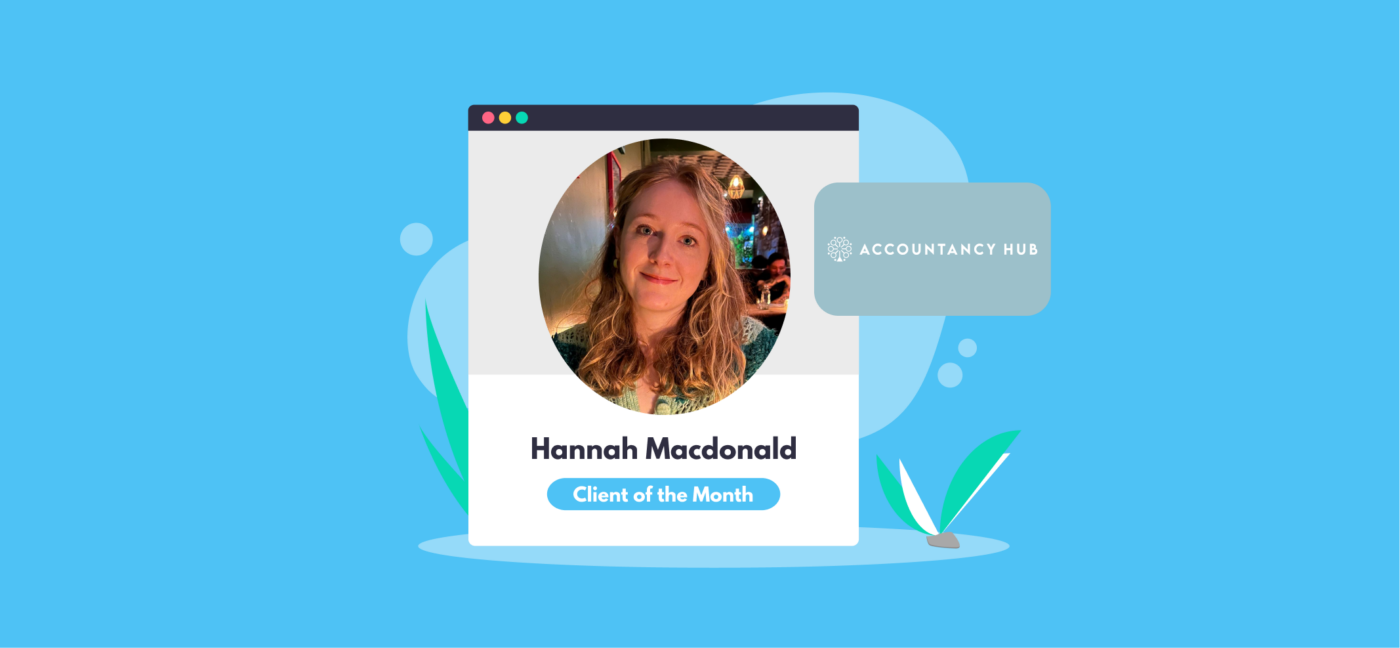

Can Employers Claim Relief on National Insurance?
As an employer you may be able to claim relief on some of your National Insurance Contributions (NICs). This can go a long way in reducing your tax bill – and let’s face it, few of us want to miss out on that. In this article we’ll explain what relief is available to help employers with their National Insurance bill.
How much National Insurance do employers pay?
Employers make National Insurance contributions on the wages and benefits that they give to their employees. This means that an employee’s National Insurance payment consists of two parts:
- The bit that they contribute themselves, known as Class 1 (Primary) National Insurance. Their employer deducts the contribution from their wages and pays it on to HMRC on their behalf. It’s charged at a rate of 8% on earnings between £12,570 and £50,270, and 2% on earnings at and above £50,270.
- The bit that their employer contributes is Class 1 (Secondary) NI. In 2025/26 employers make NI contributions at a rate 15% on earnings above £5,000.
On that note, we’ll go through what relief might be available to help you with your National Insurance bill. You can also use our online calculator to estimate the cost of hiring someone for your business.
The Employment Allowance for employer’s NICs
The Employment Allowance is an annual allowance that you can claim towards the cost of paying Class 1 National Insurance as an employer.
This means you can claim up to a maximum of £10,500 in a year. The reduction will apply every time you run your payroll, and will carry on until either the tax year ends, or you use up your £10,500 allowance (whichever is sooner). You don’t have to use the whole amount every year, but that’s the maximum you can claim.
Am I eligible for Employment Allowance?
You’ll normally be able to claim relief on your NI bill using the Employment Allowance as long as:
- You have at least 1 employee, or 2 or more directors, with a salary above the Secondary Threshold (£96 per week, or £5,000 a year for 2025/26)
- Your bill for employer’s NI contributions was no more than £100,000 in the previous tax year. From April 2025 this cap will be removed.
Charities, care and support organisations, and amateur sports clubs can also claim the Employment Allowance. The rules are strict though, so unless they’re a charity, you’ll find that businesses and public bodies carrying out more than half of their work in the public sector are unable to claim.
Employers’ NI relief for veterans
If you employ a veteran, then you might be able to claim relief on the employer’s NI contributions you make on their earnings. The relief is available as a zero rate of employer’s NI for a 12-month period, which starts on the employee’s first day in a civilian job after leaving the armed forces.
Bear in mind that a job with a reserve organisation is not classed as civilian employment, and isn’t eligible.
It doesn’t matter which area of the armed forces they served in, or how long ago they left, as long as they served at least one day in the regular armed forces or of basic training. The relief is applied in real-time, so you won’t need to claim it back retrospectively.
What if a veteran moves to a new employer?
The qualifying 12-month period isn’t tied to one employer, so once the clock starts ticking, veterans can move jobs or work for more than one employer at a time. Employers will need to make sure they find out the date that their new worker was first employed in a civilian role though.
Is there a limit on earnings?
NIC relief for veterans will apply on earnings up to the Veterans Upper Secondary Threshold (UST), which in 2025/26 stands at £967 per week (£50,270 per year).
If your employee is ex-armed forces and earns more than this, the relief will be applied to their earnings up to that threshold. There’s more information available about NICs when employing veterans on the Gov.uk website.
Hiring employees under the age of 21
A change to the law back in April 2015 means that employers hiring anyone under the age of 21 no longer have to pay NICs on their earnings up to the Upper Secondary Threshold (£50,270 per year).
This means that employers don’t make NI contributions for workers who are:
- 20 or younger, and;
- Earning less than the Upper Secondary Threshold for NI
If the employee earns more than the UST, employers will need to pay Class 1 secondary NICs.
Are there any exceptions?
As ever with tax and NI, there are some exceptions, and this type of relief isn’t available for:
- Class 1A NICs (the National Insurance that employers pay on any benefits in kind)
- Class 1B NICs (contributions which employers make on items included within a PAYE settlement agreement)
If you manage the payroll yourself, it’s a good idea to regularly check your payroll system and make sure that you’re using the correct tax codes and NI categories.
The majority of employees will come under category A for NI, but most workers under 21 will have category M. You’ll need to include tax code and NI category information on your employees’ payslips!
National Insurance relief as a Freeports employer
The government is aiming to create a number of Freeports as part of its levelling up agenda. These Freeports are to be located in some of the UK’s less affluent communities as a way of boosting employment and local economic prosperity.
As a way to encourage businesses to set up in one of these Freeports, the government is offering employer NIC relief for all new employees hired after 6th April 2022.
A new ‘Freeport Upper Secondary Threshold (FUST)’ has been set at £25,000, so anything under this will attract a zero-rate of employer NIC.
How do I know if my employees are eligible?
To qualify, your employees must:
- Be new employees who started from 6th April 2022 (and before 6th April 2026) and still be within the first 3 years of their employment
- Spend a minimum of 60% of their working time at the Freeport tax site. Some exceptions can be made to this, such as if they go on maternity leave for example
- Not have taken up employment at another Freeport site, or connected site, in the last 2 years.
You can see the published guidance on NI relief in Freeport tax sites here.
Learn more about our range of online accountancy services for businesses, or call 020 3355 4047 for a chat. Don’t forget, you can also get an instant online quote.
Want to learn more?
Subscribe to our newsletter to get accounting tips like this right to your inbox

Read more posts...

February 2026 Client of the Month: Accountancy Hub
27th February 2026This month we spoke to Hannah, founder of Accountancy Hub. Accountancy Hub | Instagram Hey Hannah! Tell us about your business…
Read More
Paying Yourself a Salary from Your Limited Company
26th February 2026Being a director means you’re legally separate from your limited company even if you’re also the owner, so you’ll need to decide…
Read More
How Do Footballers Pay Tax?
24th February 2026We all know top-flight footballers do alright. But how does tax work for professional footballers? Is it treated as self-employed income, or…
Read MoreConfirm Transactions
The number of monthly transactions you have entered based on your turnover seem high. A transaction is one bookkeeping entry such as a sale, purchase, payment or receipt. Are you sure this is correct?
Please contact our sales team if you’re unsure
VAT Returns
It is unlikely you will need this service, unless you are voluntarily registered for VAT.
Are you sure this is correct?
Call us on 020 3355 4047 if you’re not sure.
MTD IT Quarterly Updates
Your final, end of year MTD Income Tax submission is included in your fee, without this add-on service.
We would recommend you submit the quarterly updates yourself using Pandle or alternative bookkeeping software.
However, if you would prefer us to submit these quarterly updates for you, there is an additional fee of £35.00 per month.
Call us on 020 3355 4047 if you’re not sure.
Bookkeeping
You will receive our bookkeeping software Pandle for free, as part of your package.
You can use this to complete your own bookkeeping, or we can provide a quote to complete your bookkeeping for you.
Please select and option below:
Call us on 020 3355 4047 if you’re not sure.

